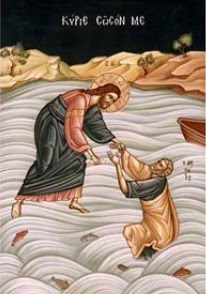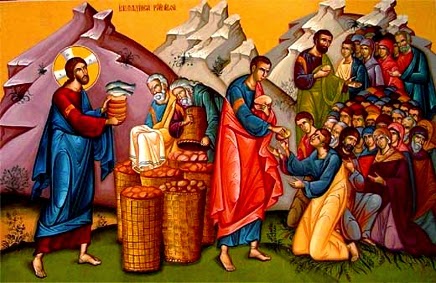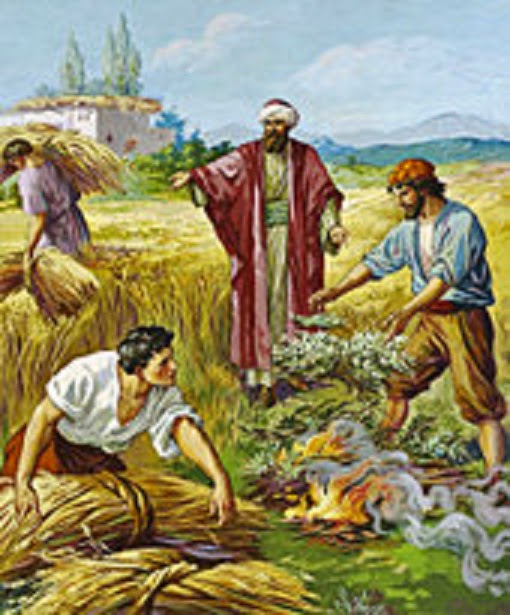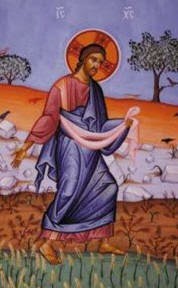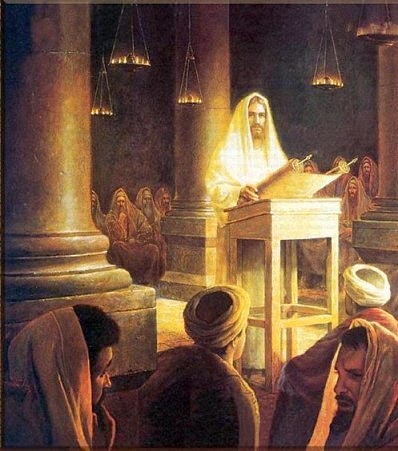Homily for the 20th Sunday in Ordinary Time, 2014, Year A
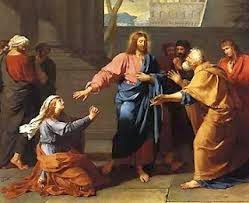
Fr. René J. Butler, M.S. Director, La Salette Shrine Enfield, NH ( Click here for today’s readings ) The image is a familiar one: one or more dogs begging while you are at table, ready to pounce on whatever falls from the table, if not actively “demanding tribute,” as my brother’s Chihuahua “Rosy” does. Cute, if you like that sort of thing. But there is nothing cute about the exchange between Jesus and the Canaanite woman in this Gospel. I once read an author, bent on finding humor in the Bible, who claimed that this was just a friendly little repartee, what Webster’s Dictionary describes as “amusing and usually light sparring with words.” I couldn’t disagree more. The scene presented here by Matthew is no game of wits! Let me digress briefly with a little trip down memory lane: [Click on this link:] Kyrie eleison from the Missa de Angelis The point isn’t the music, the Gregorian chant or any other classic settings. The point isn’t the Latin Mass
